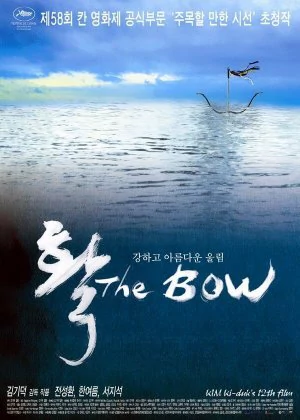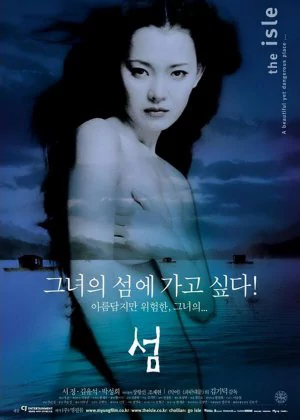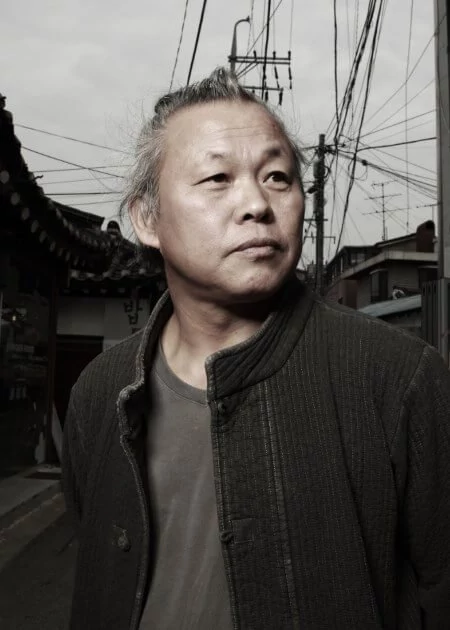
The ultimate black sheep of South-Korean cinema. Kim's dramas are raw, confrontational and personal, but never without heart. While his oeuvre is quite consistent, a rough, personal breakdown has spliced it into two very distinctive parts.
Movies
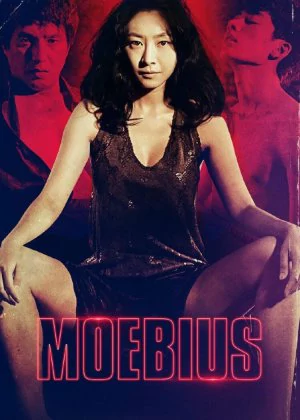
I experienced Moebius as an extremely intense drama, a strict downwards spiral invoked by a family acting purely on their urges and instincts.
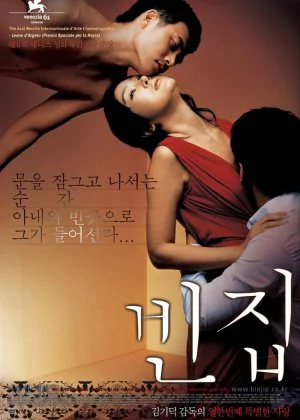
3-Iron is a silent journey, following two characters who don't talk to each other directly, but understand each other's feelings all too well. To be a witness to that feels like something special.
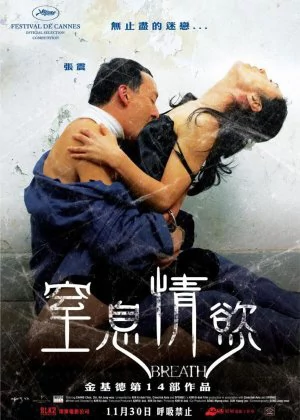
A truly awesome film. Breath may not really my preferred kind of cinema and because of that Ki-duk's accomplishment is all the more impressive, for making me love this film and its characters.
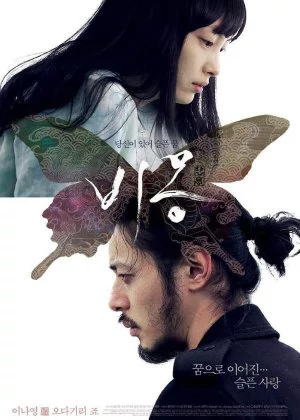
He's getting there, slowly but surely. Odagiri's presence was a smart move, and so was the strong and exceptional idea behind the film. One of Ki-duk's best, no doubt.
The Bow is a pretty logical evolution in Ki-duk's career. It includes many of the themes and stylistic choices from his older films while still lacking the slicker execution of his newer ones.
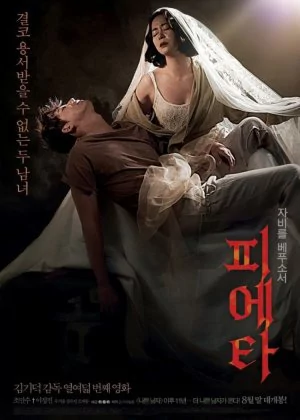
Pieta is a pretty complete package. The film looks great, has a superb soundtrack, two extremely impressive leads and a boatload of symbolism for those who enjoy that kind of thing.
Human, Space, Time and Human
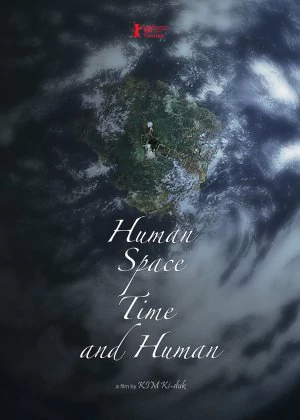
Kim Ki-duk reinventing himself. Human, Space, Time and Human isn't a typical character drama, instead it's a violent allegory not quite unlike Aronofsky's Mother! Raw, unflinching and dark, but also intriguing, powerful and one of a kind. No doubt one of his most divisive films, but I was pleasantly surprised by this one.
Spring, Summer, Fall, Winter... and Spring
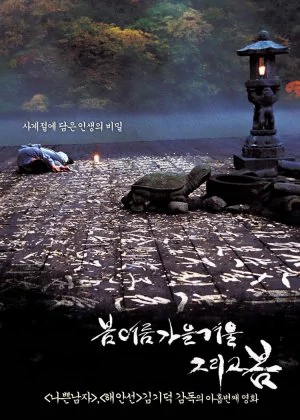
One of Ki-duk's most accessible works. The film is devoid of his usual misanthropy and is presented as a peaceful, meditative experience. A stunning setting, a subtle but majestic score and easily relatable themes ease you in and make this a pleasant watch. The film does not eschew the darker corners of human behavior, but handles them with dignity and respect. Recommended for people who want to get acquainted with Ki-duk's oeuvre.
Ki-duk's breakthrough film may have aged gracefully, it has aged nonetheless. While not his best work, the intrigue and poetry mixed with ruthless characters and dark emotions would come to define the rest of his career, and that appeal is still very much there. The Isle is the perfect introduction for those who want to dig into Ki-duk's oeuvre.
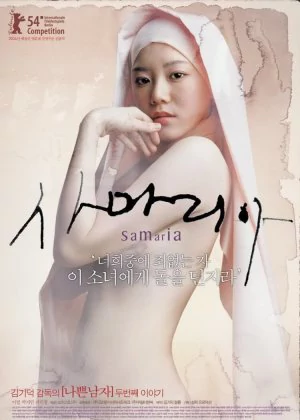
Vintage Ki-duk. That means a mature and warm drama with some raw and dark edges and a healthy dose of non-verbal communication. The acting is superb, the plot is intriguing and the soundtrack on point. Not Ki-duk's most visually impressive film, but apart from that an amazing film that is equal amounts of warm drama and punch in the gut.
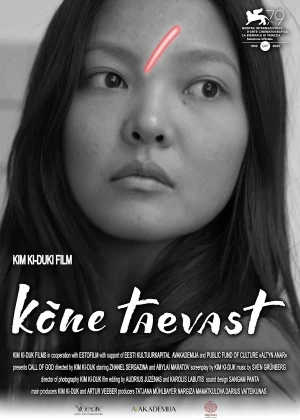
Ki-duk's final film, released after his passing. And it's a good one, though not a film that will win him any new fans. The themes are very familiar, though Call of God is not quite as violent and shocking as the more divisive entries in his oeuvre. The performances are strong, the cinematography is stylish, and the score is fitting. The ending is actually hopeful, which I guess is a nice way to end a career's worth of films that delved into the darker pits of the human soul. And with that, I've seen everything this talented but troubled man had to share with this world.
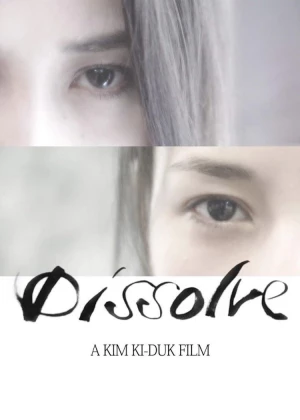
This would've been Ki-duk's final film if not for one more released post-mortem. It's a film made in Kazakhstan, no doubt due to the allegations he faced in South Korea. It's a bit of a culture shock for longtime Ki-duk fans, but even in a different country, the man's signature style is impossible to miss. The performances are solid and the premise is interesting. There are some odd time jumps and like most Ki-duk films, suspension of disbelief can be a tad fickle, but the build-up of the drama is fitting and the finale was pretty strong. Not up there with his best film, but quite a bit better than I'd expected.Read all
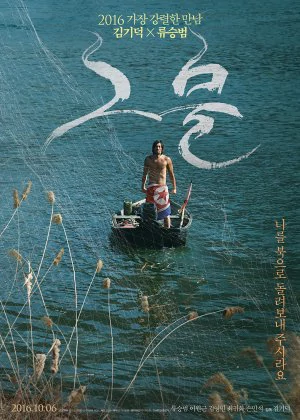
Ki-duk takes on both Koreas. And of course he doesn't pull any punches, but that's par for the course. There's slightly less attention for the characters, instead Ki-duk has a point to drive home, which at times stands in the way of the drama. But he's a skilled director and there's plenty to like here, though it doesn't quite compare with his best work.
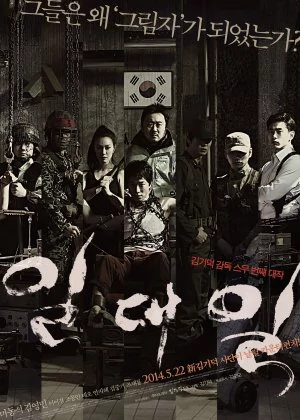
One of Ki-duk's harder to find films. Like most of his post Arirang work, One on One is quite violent and dark, though never gratuitous or without a more contemplative side. I appreciate both eras in Ki-duk's oeuvre, the reason why this one didn't pan out to be a full-on favorite is because of its narrative focus and its somewhat repetitive nature. A group of vigilantes is hunting down soldiers who were involved in the execution of a young woman. They followed orders, but it's clear they were saving someone's hide rather than act to protect the country. The vigilantes want every soldier to sign a confession, and they want to find out who gave the order for the kill. There's quite a few soldiers to go through though and the crux of the film is revealed early on, so after a while the torture scenes do get a little repetitive. They also take time away from the character development, which is probably why the ending was as intense as it was supposed to be. It's still an interesting film with more than enough to chew on, it just isn't quite up to Ki-duk's usual standard.Read all
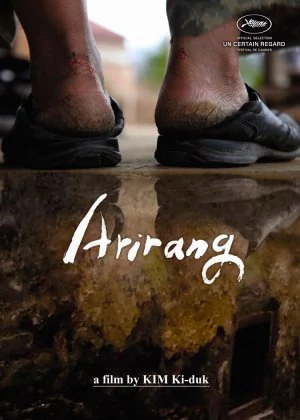

The concept of this Ki-duk is maybe one of his most interesting and elaborate ones, it's just a shame that the execution strays far from his usual fare. Rather than lean on enigmatic characters and a show-don't-tell attitude, Time is very direct and surprisingly loud for a Ki-duk film. That's what keeps it from greatness. The romantic setup with lead characters undergoing appearance-changing plastic surgery is certainly interesting, the performances are solid and the artistic setting is pleasant, yet the verbal fights and the lesser cinematography hinder the film. It's not quite as unique, refined or brutal as his best work, but it's still a worthy film for Ki-duk fans.Read all
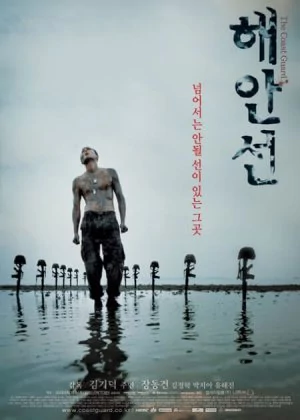
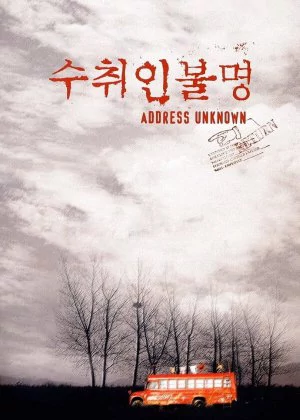
Rough, even for a Ki-duk film. I've seen almost all of his films and am used to the vileness and inhumanity that graces his characters, but I didn't remember Address Unknown to be this harsh. Every single one of the people is broken in some way or another, and nobody tries to hide his dark side. Animal lovers shouldn't even come near this one, people triggered by (sexual) violence can skip this without a second thought. It's an impressive drama, I wasn't quite as impressed by the presentation as I was the first time though, which is why I'm having a tougher time marking this as a personal favorite. If you like Ki-duk's work though, this is a must-see.Read all
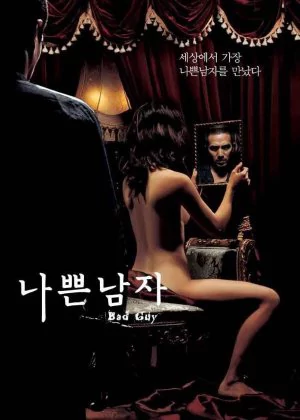
Strong and enigmatic drama, but not quite as overpowering as the last time I watched it. The actors do a great job and the characters are intriguing, but the score isn't as effective and visually it's a bit dim. Definitely not a bad film and there are some superb scenes here, but overall not the masterpiece I remembered it to be.
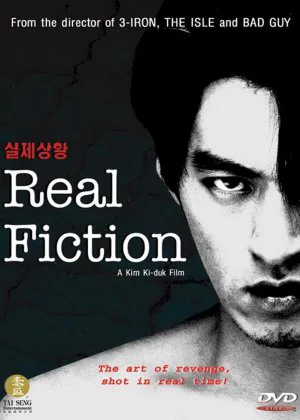
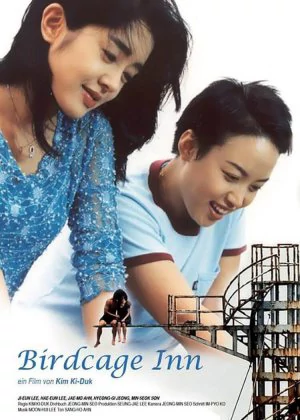
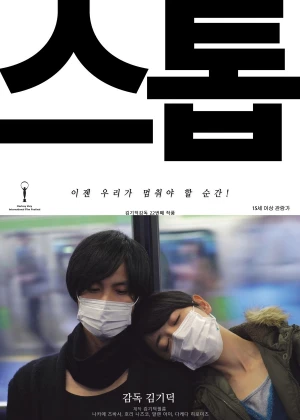
Ki-duk's peculiar excursion to Japan, and one of his most elusive films. I'm not really sure what prompted him to make this particular film, but it felt more like a fleeting experiment than a feature belonging to his core oeuvre. There are a few too many ideas and narrative twists here, which hurts the overall coherence. What looks like an abortion drama (Ki-duk style) morphs into a film about radicalization after a few halfway twists. And the ending ... well, I won't spoil anything, but it's certainly one of the strangest things I've seen in any Ki-duk. There are some solid ideas here, it's just a little too scatterbrained, other than that the styling and performances felt a tad cheap. Stop is far from his best work, but it's still pretty unique.Read all
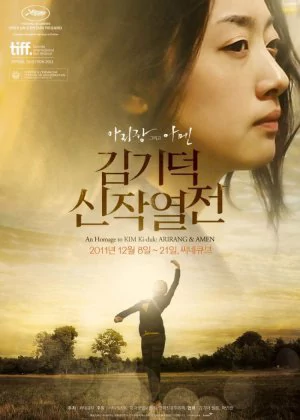
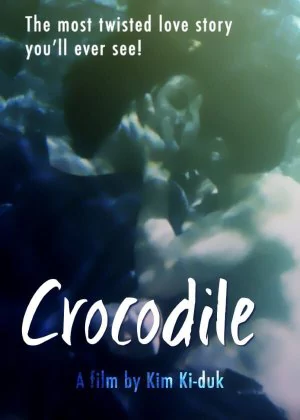
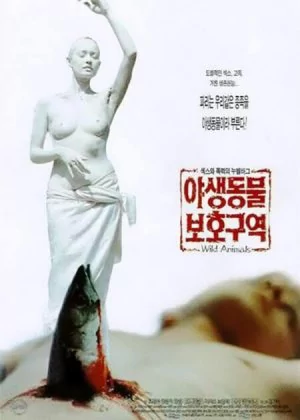
Like many of his Asian peers, Ki-duk ended up in France to make at least one film. This resulted in Wild Animals, an outlier in his oeuvre that has signature Ki-duk elements but fails to bring them together in a sensible whole. It's as if you're watching a French copycat trying to plant Ki-duk in Paris. The actors aren't great, the presentation is a little shabby and the plot is unfocused. The characters are interesting though, not the easiest of most sympathetic people around, but they come off as genuine and layered. It's nowhere near the gem I remembered this to be, but it's still a worthwhile film, especially for those who appreciate Ki-duk's work.Read all
Venice 70: Future Reloaded
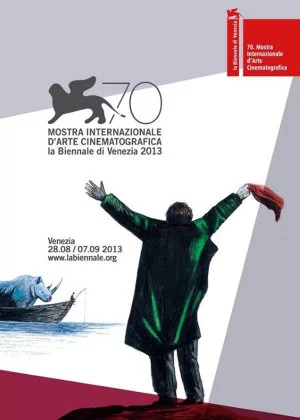
I'm a big fan of anthologies, and this project sounded very promising on paper. Seventy renowned directors give their vision on the future of cinema. With just one minute per short, there isn't much time to make a point, but it's disheartening to see how few of them even managed to stick to the topic. The saddest part was that many of the short didn't even deal with the future, but openly referred to or praised the medium's past. There's also a lot of doom and gloom, with some very basic visions of people not caring enough about arthouse cinema, or playing movies on their phones. Your typical old-man-yelling-at-cloud stuff. There is only a small selection of directors who seem to have understood the brief, and they struggle to make the most of their limited runtime. What remains is a complete mess, with most shorts looking like they were made on people's afternoon off, and hardly anything that stands out. A disappointment.Read all
